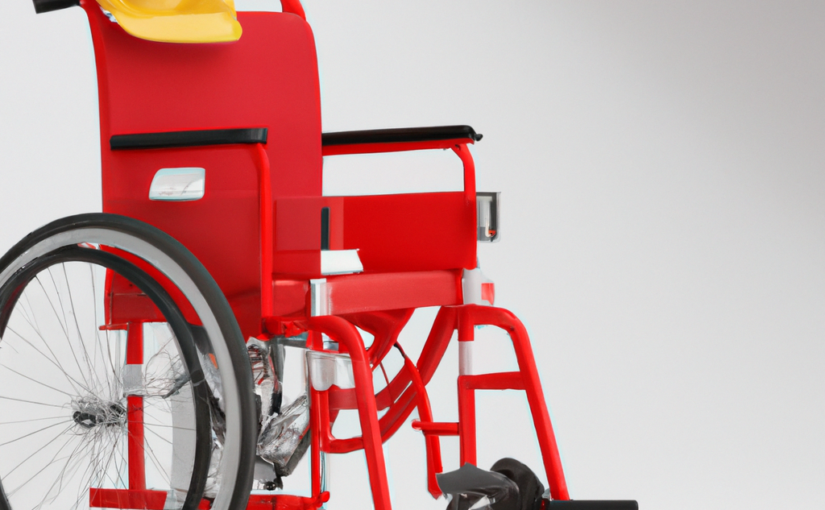Work Injuries: A Staggering Cost to Society
The true cost of work-related deaths and injuries extends far beyond just workers’ compensation insurance. In 2021 alone, preventable workplace incidents amounted to a staggering $167.0 billion economic burden on the nation, employers, and individuals.
This figure breaks down into three main categories:
- Wage and productivity losses: $47.4 billion, representing the economic output lost due to missed work days and reduced productivity.
- Medical expenses: $36.6 billion, covering the cost of medical treatment for injured workers.
- Administrative expenses: $57.5 billion, encompassing the costs associated with handling workers’ compensation claims, investigating accidents, and implementing safety measures.
Beyond these direct costs, employers also face uninsured costs of $13.8 billion. This includes indirect costs like the time lost by co-workers attending to accident scenes, investigating incidents, and completing paperwork. Additionally, property damage, such as damage to motor vehicles ($5.4 billion) and fire losses ($6.3 billion), further adds to the economic impact.
Time Lost
The burden of work injuries is also measured in time lost. In 2021, a total of 103 million days were lost due to workplace incidents. This includes:
- 70 million days lost due to injuries in 2021: This represents the actual time missed from work for those with disabling injuries during the year.
- 33 million days lost due to injuries in prior years: This accounts for ongoing time lost for individuals with permanent disabilities from past workplace incidents.
- 55 million days estimated to be lost in future years: Sadly, the impact of on-the-job injuries can extend far beyond the initial incident, with long-term effects causing future absences.
These statistics paint a sobering picture of the human and economic cost of workplace injuries. Each preventable incident represents not just physical suffering, but a significant financial burden on individuals, employers, and society as a whole. Investing in proactive safety measures and prioritizing a strong safety culture in workplaces is crucial not only for protecting workers’ well-being but also for mitigating the immense economic burden of preventable work injuries.
What Must Employers Do ?
But rather than succumbing to this seemingly inevitable expense, there’s a path to building a safer, more prosperous workplace. Here’s how you can combat the hidden cost of work injuries:
Invest in Proactive Safety Measures:
- Prioritize Hazard Identification and Elimination: Conduct regular audits to identify safety hazards in your workplace, from slippery floors to faulty equipment. Proactively address these issues to prevent incidents before they occur.
- Implement Comprehensive Training Programs: Equip your employees with the knowledge and skills to handle their tasks safely. This includes training on proper ergonomics, safety protocols, and emergency procedures.
- Promote a Culture of Safety: Lead by example by actively demonstrating your commitment to safety.Encourage open communication, empower employees to report hazards, and reward safe behavior.
Minimize Indirect Costs:
- Streamline Claims Management: Implement efficient processes for handling workers’ compensation claims to minimize administrative costs and reduce delays.
- Train Supervisors on Incident Response: Equip managers with the skills to handle accident scenes efficiently,document incidents accurately, and minimize disruption to workflow.
- Invest in Ergonomic Solutions: Address repetitive movements and awkward postures by providing ergonomically designed workstations and tools. This can not only prevent injuries but also boost employee productivity.
Focus on Long-Term Benefits:
- Reduced Employee Turnover: A safe and healthy workplace fosters employee satisfaction and loyalty, leading to reduced turnover and lower recruitment costs.
- Improved Productivity: When employees feel safe and secure, they’re more focused and less likely to be distracted by concerns about potential injuries. This leads to increased productivity and improved efficiency.
- Enhanced Brand Reputation: Building a reputation for safety attracts talented individuals and strengthens your brand image, leading to a competitive advantage in the market.
Remember, investing in safety is not just about compliance; it’s about smart business. By embracing a proactive approach and prioritizing a culture of safety, you can not only protect your employees but also significantly reduce the hidden costs associated with work injuries. This translates to higher profits, a stronger workforce, and a more sustainable business in the long run.




